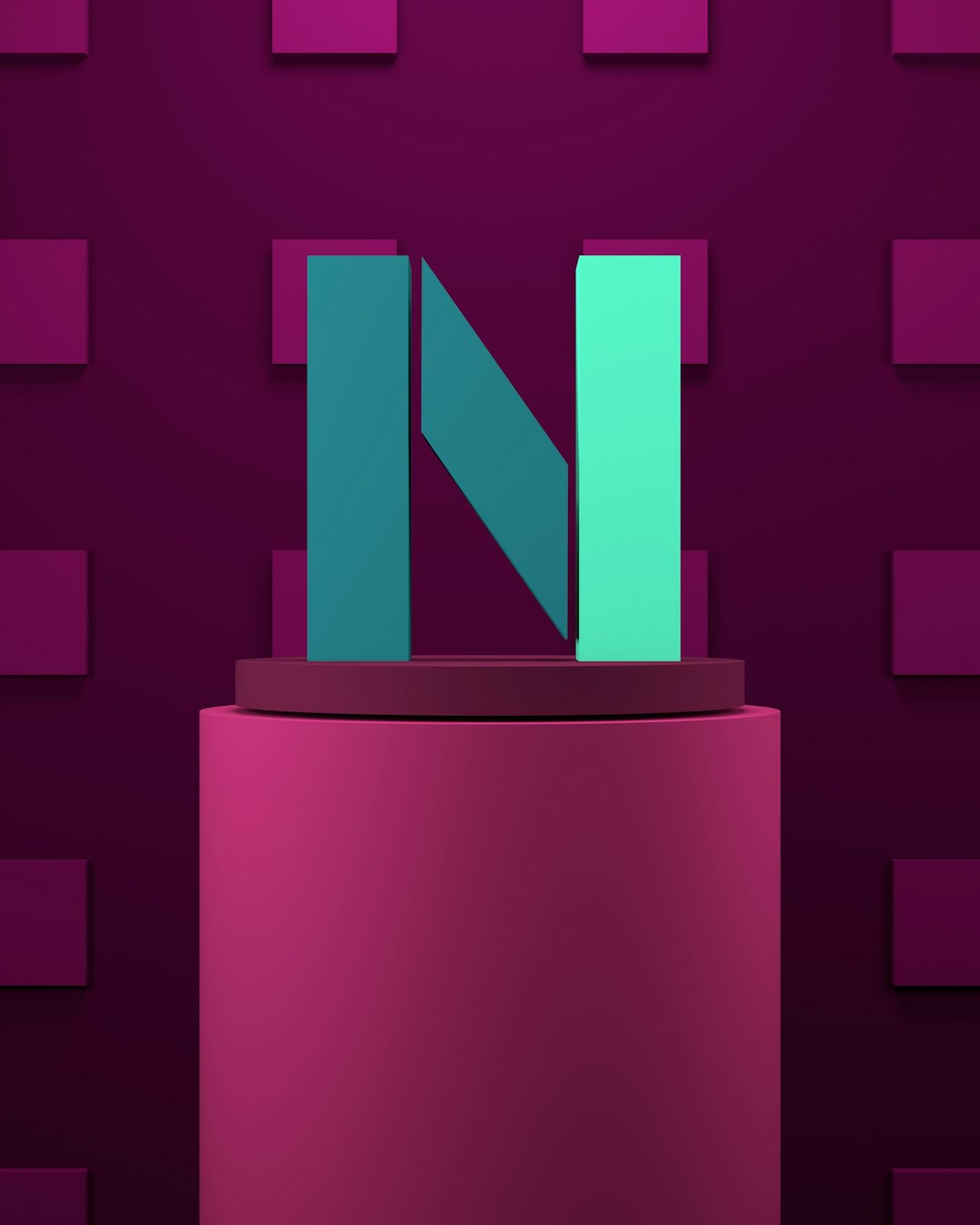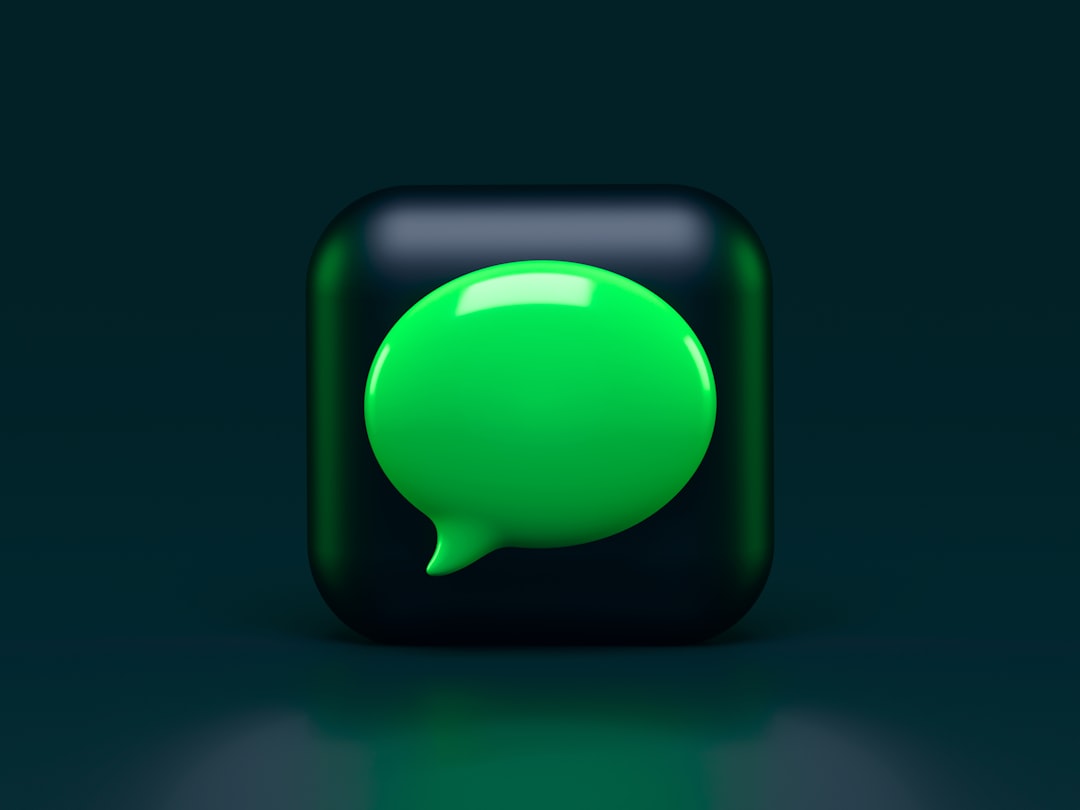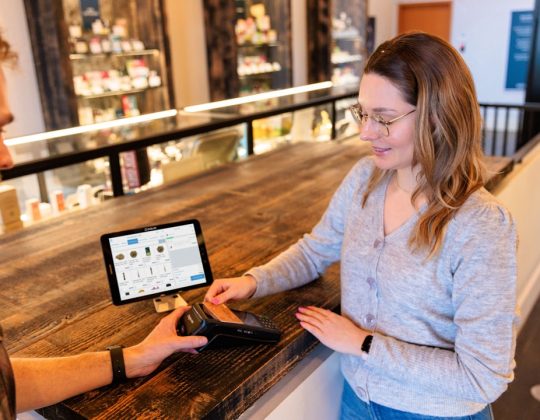In recent years, the rise of AI tools such as ChatGPT has revolutionized not only how we work and learn, but also how we process emotions and navigate mental health challenges. While using artificial intelligence to replace professional therapy is a controversial and sensitive topic, some users on Reddit have shared responsible ways to explore ChatGPT as a supplemental tool for emotional well-being. These voices emphasize that ChatGPT is not a substitute for licensed mental health care, but they also highlight creative, effective strategies for self-reflection, emotional regulation, and mental clarity—all rooted in their own experiences.
This article compiles Reddit’s most thoughtful and well-reasoned advice on how to use ChatGPT as a support system when professional help is not available. It’s backed by users who are candid about their struggles, objective about limitations, and clever with their coping strategies.
Using ChatGPT as a Journaling Assistant
Perhaps the most frequently mentioned use of ChatGPT in lieu of a human therapist is as a journaling assistant. Users cite how talking to the AI helps them process thoughts and emotions that might otherwise feel overwhelming or fragmented. The logic is simple: by typing out complex feelings and receiving coherent feedback or reflections, you can begin to make sense of your internal landscape.
Key techniques Redditors recommend:
- Start a conversation with an emotional prompt: For example, “I feel anxious but I’m not sure why. Can you help me break this down?”
- Use it to label emotions: Ask ChatGPT to help identify what you’re feeling when you can’t find the right words.
- Request open-ended questions: Some users instruct ChatGPT to ask coaching-style questions to go deeper such as, “What do you think caused that reaction?” or “When have you felt this way before?”
In this use case, ChatGPT becomes a nonjudgmental sounding board—a mirror rather than a guide. This helps users gain self-awareness without the pressure of speaking to another person.
Simulating Cognitive Behavioral Therapy (CBT) Techniques
CBT is one of the most widely used and evidence-backed forms of therapy, focusing on identifying and replacing negative thought patterns. While not a replacement for guided therapy, some Reddit users have shared scripts and prompts that allow ChatGPT to follow a CBT-style approach.
How users replicate CBT techniques:
- Thought records: Prompt ChatGPT to help fill out a CBT thought record, including identifying triggers, automatic thoughts, cognitive distortions, and alternative beliefs.
- Role-playing exercises: Ask ChatGPT to take the role of your “negative thoughts” so you can practice arguing against them rationally.
- Socratic questioning: Instruct ChatGPT to help examine harmful beliefs by asking, “What’s the evidence for and against this thought?”
It’s important to remember that while ChatGPT can mimic therapeutic structure, there is no guarantee of clinical effectiveness. Still, users have found comfort in this guided style of introspection when human therapy is out of reach.

Creating a Mental Health Routine with ChatGPT
Several Redditors use ChatGPT to establish and maintain routines that support mental and emotional health. This isn’t therapy per se, but it can contribute to overall well-being and create a sense of structure—something many people find soothing during mental health crises.
Practical uses include:
- Daily mood check-ins: You can build a morning or evening habit of chatting with ChatGPT and logging your emotional state.
- Scheduling wellness habits: Ask ChatGPT to plan a daily self-care calendar including walks, screen breaks, hydration reminders, and affirmations.
- Progress tracking: Some users have ChatGPT summarize their mood trends over days or weeks based on daily chats and journaling sessions.
Integrating ChatGPT into a routine gives users both consistency and a sense of companionship, especially during times of inner turbulence or social isolation.
Using ChatGPT to Manage Specific Emotional States
Several Reddit threads discuss how ChatGPT can help manage specific difficult emotions like anxiety, grief, or anger. The approach here is less diagnostic and more supportive—almost like speaking with a friend who knows just enough cognitive science and philosophy to help you rethink your path.
Examples shared by users:
- For anxiety: Ask ChatGPT to walk you through a grounding technique like the 5-4-3-2-1 method, or to discuss the concept of “tolerating uncertainty.”
- For grief: Request reading material, coping strategies, or quotes about loss. Some people even write letters to lost loved ones with ChatGPT’s help.
- For anger: Engage in discussions about anger triggers, cognitive distortions like “should” statements, and the physiology of emotion.
In these contexts, ChatGPT becomes a sort of mental health coach—affectionate, rational, and objective. That said, users consistently warn each other not to rely on this tool exclusively for intense or ongoing emotional distress.
Customizing ChatGPT for Empathy and Tone
A frequently mentioned tip is to fine-tune ChatGPT’s demeanor to better suit moments of emotional vulnerability. By prompting the model to respond in a soft, therapeutic tone, users report that the conversation feels more supportive and humane.
Suggested prompt: “Please respond to me in a compassionate, therapeutic tone designed to help someone dealing with emotional distress, using gentle, affirming language.”
This tailored interaction allows for more sensitivity in moments where phrasing matters—reaffirming that the goal is not to diagnose or cure, but to provide companionship, clarity, and calm.
Limitations and Risks Worth Noting
Despite many positive experiences, Reddit users maintain a balanced perspective. The community is quick to stress that ChatGPT:
- Cannot replicate the deep, nuanced empathy of a human therapist.
- May provide inaccurate suggestions if the input is misinterpreted.
- Is not tailored to handle crises or high-risk situations such as suicidal ideation.
When in doubt, many threads close with a crucial reminder: “If you’re in a crisis, talk to a human. AI is not a replacement for emergency resources or licensed professionals.”

Ethical Considerations
Reddit users also debate the ethics of relying on AI for mental wellness. Some believe it’s empowering to have a low-cost, always-on support tool. Others worry it creates the illusion of being emotionally “heard” without genuine understanding, fostering dependence on a non-human entity for affirmation. These conversations reflect growing societal questions about technology’s role in our inner lives. The consensus: use it with awareness, intention, and realism.
Conclusion: A Companion, Not a Cure
Reddit’s crowdsourced advice reveals that when used wisely, ChatGPT can be a helpful adjunct to self-care and emotional processing. It offers structure, reflection, and comfort in digestible, user-directed ways.
But equally clear is this caveat: ChatGPT is a useful tool—not a therapeutic replacement. Whether you’re navigating low mood, disorganized thoughts, or the early signs of burnout, using ChatGPT as a journaling partner, cognitive coach, or daily check-in assistant can make a genuine difference. Just remember, real healing often requires a human touch. When professional help becomes an option, it remains the gold standard for mental health.
If ChatGPT is your nighttime sounding board, journaling assistant, or silent co-pilot through emotional turbulence, Reddit’s best advice is simple: Use it for clarity, not diagnosis. Use it to explore, not to escape. And above all, prioritize your safety and well-being.








